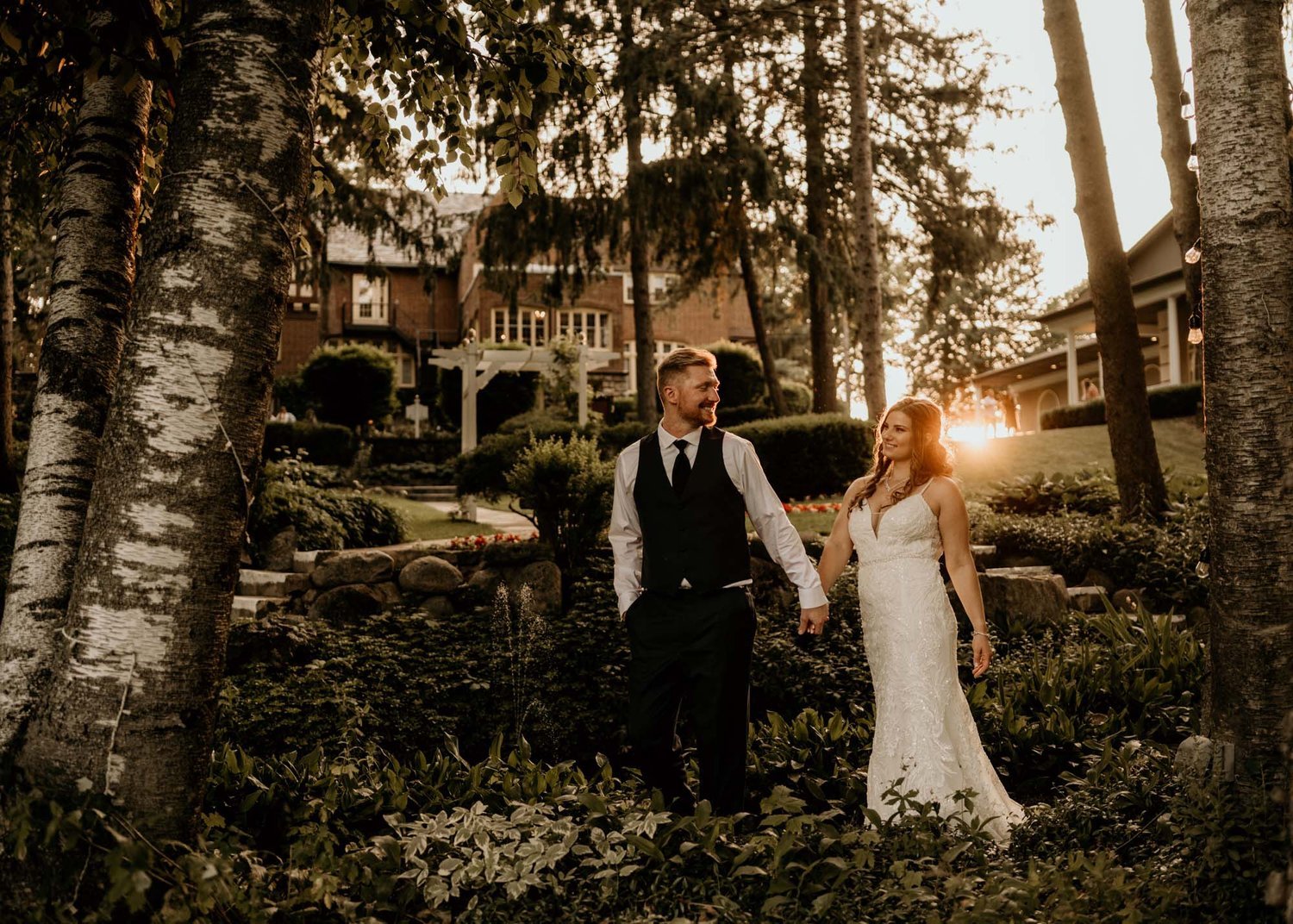
A wedding venue is one of the most important details of your big day. It sets the tone for your celebration and plays a big role in creating memories you’ll cherish for years to come. Yet, choosing the perfect location while staying within budget can feel like a juggling act.
This guide will help you align your vision with the practical aspects of selecting the right wedding venue.
1. Identify Your Wedding Style
Before you start your venue search, spend some time defining your preferred wedding style. Do you dream of a rustic barn wedding, a chic urban loft celebration, or a romantic garden affair? Knowing the vibe you want helps narrow your options and ensures the venue complements your theme.
Pictures or inspiration boards on social media can provide visual clarity. Once you’ve identified your style, you can focus your search on venues that reflect that aesthetic. For instance, outdoor event venues in Lansing may suit a nature-inspired wedding exceptionally well.
2. Set Your Budget Early
Your budget is a critical factor in choosing a wedding venue. Allocate a specific portion of it to the venue, including any additional costs it might require, such as rentals, lighting, and permits. Try to stick to this amount as you tour potential locations.
When evaluating options, ask for pricing transparency upfront. Some venues offer packages that include catering, rentals, and décor, while others only provide the space. Understanding what’s included will help you compare options and avoid hidden fees.
3. Choose the Right Location
Where your venue is located plays a big role in guest convenience and logistics. Look for a location that’s accessible for most of your guests, especially if you have family or friends traveling from other cities or states.
For destination weddings, you might need to offer accommodations or provide recommendations to make travel easier. Similarly, ensure ample parking is available, and consider transportation options if the venue is remote.
4. Estimate Your Guest List
Your guest count will significantly influence your venue decision. A small, intimate gathering calls for a cozy venue, while a large guest list needs a spacious setting. Before touring venues, have an approximate guest count in mind to ensure the space accommodates your needs.
Many venues also have specific capacities for seated dinners versus standing receptions. Be sure to ask about these details when evaluating a location.
5. Consider the Season and Weather
If you’re planning an outdoor wedding, timing is key. The season and expected weather conditions will determine whether an open-air location is feasible. Always have contingency plans in place, like renting a tent or choosing a venue that provides an indoor backup.
For example, summer weddings may be ideal for outdoor event venues, whereas fall or winter ceremonies might call for heated indoor spaces.
6. Evaluate Amenities and Services
Every venue offers different levels of amenities and services. Some provide tables, chairs, and linens, while others may require you to bring everything in. Similarly, catering policies can vary—some venues have in-house caterers, while others allow you to bring your own.
When touring, ask questions about what’s included. Does the venue provide a getting-ready space? Is there a dance floor? What kind of sound system is available? These details can make or break your experience, so be thorough.
7. Assess the Overall Atmosphere
Step back and picture your wedding day as you tour venues. Does the setting reflect the mood and experience you want to create for your guests? Pay attention to layout, lighting, and décor. Most importantly, listen to your gut. If a venue feels right, it probably is.
8. Check Availability and Flexibility
Popular venues can book out a year or more in advance, so check availability early on. If your heart is set on a specific date, find out which venues can accommodate it. On the other hand, if you’re flexible with dates, you might land your dream venue during an off-peak season for a reduced cost.
Also, look into time restrictions. Some venues may have strict end times or limited access for setup and breakdown, which could impact your schedule.
9. Read Reviews and Visit in Person
It’s essential to research venues thoroughly. Read online reviews and testimonials to learn about others’ experiences. Once you’ve narrowed down your options, schedule in-person visits to assess the space and ask questions.
Meeting the staff in person can also give you an idea of what working with them will be like. An organized, friendly team will make the planning process much smoother.
Final Thoughts
Selecting a wedding venue that fits your style and budget takes careful consideration. By defining your vision, planning your finances, and paying attention to details like location and amenities, you’ll find a space that brings your wedding dreams to life. Whether you’re drawn toelegant indoor ballrooms or scenic outdoor event venues, the right location will set the stage for a day to remember.


